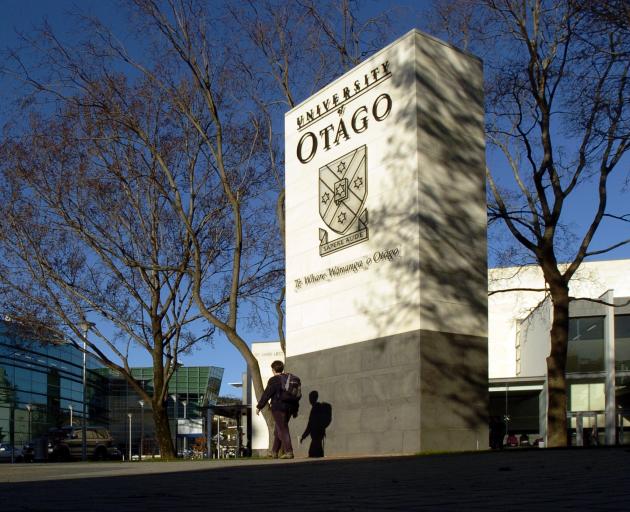
A total of 78 recommendations were contained in the employment-related policies review document made public during a university council meeting earlier this month.
The review was commissioned by vice-chancellor David Murdoch to ensure employment policies at the university promoted equity, diversity and inclusion.
"It wants to secure, develop, and retain a workforce from a diverse range of backgrounds for the future," the document said.
Last March, Prof Murdoch pledged that creating change would be his "highest priority" following the brutal external review of allegations of racism at the School of Physical Education, Sport and Exercise Sciences.
The review said there was evidence of "racism, discrimination, and bullying being entrenched in a culture described as toxic" at the PE school and said the abuses affected not only Māori, but other under-represented groups.
Singled out for condemnation was the department of human resources, which had "failed to act on these allegations and has lost the confidence of some people that they will be provided with a safe workplace".
Although the university claimed to be committed to the Treaty of Waitangi and Māori success, it was not, the report concluded.
The employment policies review panel received a full schedule of oral submissions during their four-day meeting in December, as well as 60 written submissions from leaders, managers, groups and individual staff.
The review document, dated March this year, highlighted several recommendations as urgent.
This included establishing senior roles within human resources to contribute Māori and Pacific leadership, perspectives, and expertise.
Human resources leadership and staff should "re-engage with cultural capability training" before the end of the year.
The human resources services team should rejoin the human resources division, and the hiring process should be sped up by reassessing delegation levels and the numbers of approval needed.
Also urgently recommended was an assessment of the possibility of an independent employee advisory service where staff could raise concerns and discuss options for resolution.
In light of the university’s financial constraints — it last month announced a $60 million budget shortfall and plans to cut up to several hundred staff — the panel had only recommended actions it believed were "critical".
The aspiration to become a Treaty of Waitangi-led organisation had been warmly received, but the delay in increasing Māori representation in senior leadership levels had caused staff to become anxious about whether change would happen, the document said.
"Māori representation in university management positions remains relatively low.
"Additionally, it was noted that Māori participation is under-represented on the university’s governing body."
Pressure on the human resources division was described, and it was "abundantly clear" there were not enough staff to do what was required of them.
Staff numbers had dropped over time in a bid to save money, but this had unintended consequences and ought to be revisited.
The idea of a name change to signal future direction was endorsed, with the review panel suggesting human resources become the "people and capability division".
Originally slated for the public-excluded section of the university council’s recent meeting, the document was recategorised as public during the meeting at the instigation of Prof Ralph Adler.
The university subsequently provided the Otago Daily Times with the document, as well as an email sent to staff by then-acting vice-chancellor Richard Blaikie, in March.
The panel’s recommendations had been reviewed and accepted, the email said.
"Some will be able to be carried out quickly and without cost, while others will take time and potentially carry costs to investigate or action.
"All the recommendations will be worked through by senior leadership and an implementation plan will be developed."
He thanked those who had taken part, and praised human resources staff for their self review, describing them as professional and focused on wellbeing.
Progress updates would be provided at least every two months, he said.












